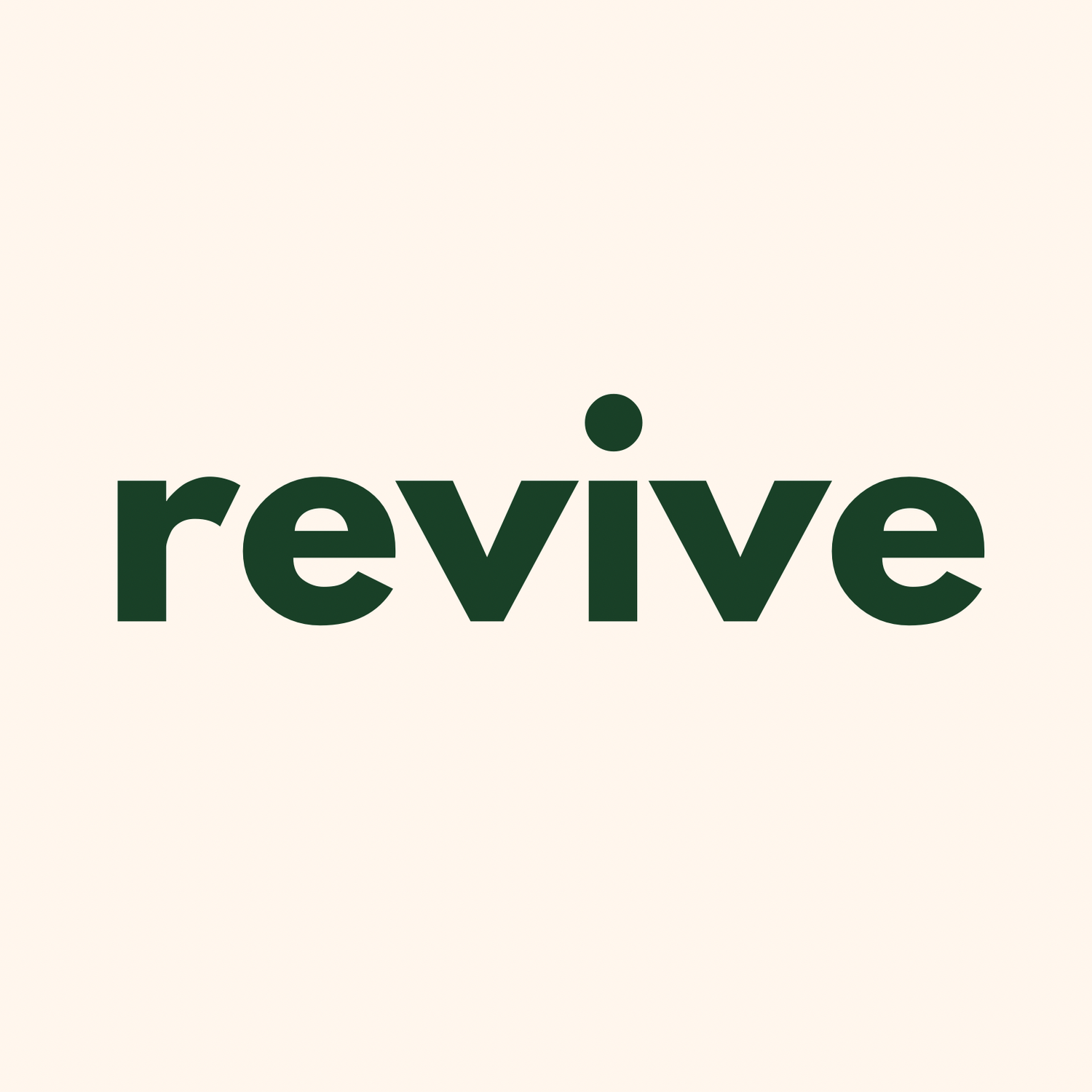taking care of myself without the guilt
Dear Living Revive Team,
Lately, I’ve been carrying a lot of guilt around taking time off from work. I work in a fast-paced environment where everything moves quickly, and even though I haven’t been at this job for long, I’ve already become someone people rely on. I take a lot of pride in being dependable, and the idea of stepping away—even just for a little while—makes me feel like I’m letting people down.
I’ve only been with the company for a few months, but I recently took a few days off for mental health reasons. I was completely overwhelmed and needed a break. While I know deep down it was the right thing to do, I still feel this constant guilt, like I should’ve just powered through. I keep thinking about how I’m still trying to prove myself and earn trust, and I worry that taking time off makes me look weak or unreliable.
Is it really okay to take a step back for your mental health when you’re new at a job? And how do I let go of this guilt and feel more confident in prioritizing my well-being without second-guessing myself?
Sincerely,
Overwhelmed & Guilty
Dear Overwhelmed & Guilty,
Thank you for being honest about how you’re feeling—it’s not easy to admit when you’re struggling, especially in a culture that often rewards burnout as a badge of honor. You're definitely not alone in this. A lot of people, especially in fast-paced work environments, feel this same pressure: to always be available, always perform, always prove themselves. And when you’re new to a role, that pressure can feel even more intense.
But here’s the thing—it’s completely okay to need a break. It doesn’t mean you’re weak, and it definitely doesn’t mean you’re failing. It means you’re human. And humans have limits.
Taking time off for your mental health isn’t a sign that you’re not cut out for the job—it’s a sign that you’re self-aware enough to notice when things are off and mature enough to do something about it. That’s not a flaw. That’s a strength. Think about it: what’s actually more “professional”—running yourself into the ground trying to look impressive, or taking a step back so you can come back clear-headed, focused, and actually able to do your job well?
I know the guilt is real. It creeps in especially when you care deeply about how you’re perceived and want to show you’re dependable. But guilt isn’t always a reliable signal—it often shows up not because you’ve done something wrong, but because you’re challenging a deeply ingrained belief (like “I have to always be productive to be valuable”). That belief isn’t true. You don’t earn your worth through exhaustion.
If anything, setting boundaries and protecting your well-being sends a strong message: that you know how to take care of yourself, and you plan to be in this for the long haul. That kind of self-respect and foresight builds trust—not just with others, but with yourself too.
And sure, people might not always understand your decisions right away. But the people who matter—the ones who’ve been through burnout themselves, the ones who value balance over bravado—will get it. And in time, so will you.
So the next time that wave of guilt hits, remind yourself why you took the time off: not to escape your responsibilities, but to make sure you could continue showing up for them in a healthy, sustainable way.
You’re allowed to take care of yourself. You’re allowed to pause. And you’re absolutely allowed to do that without apology.
You're doing better than you think.
—The Living Revive Team
